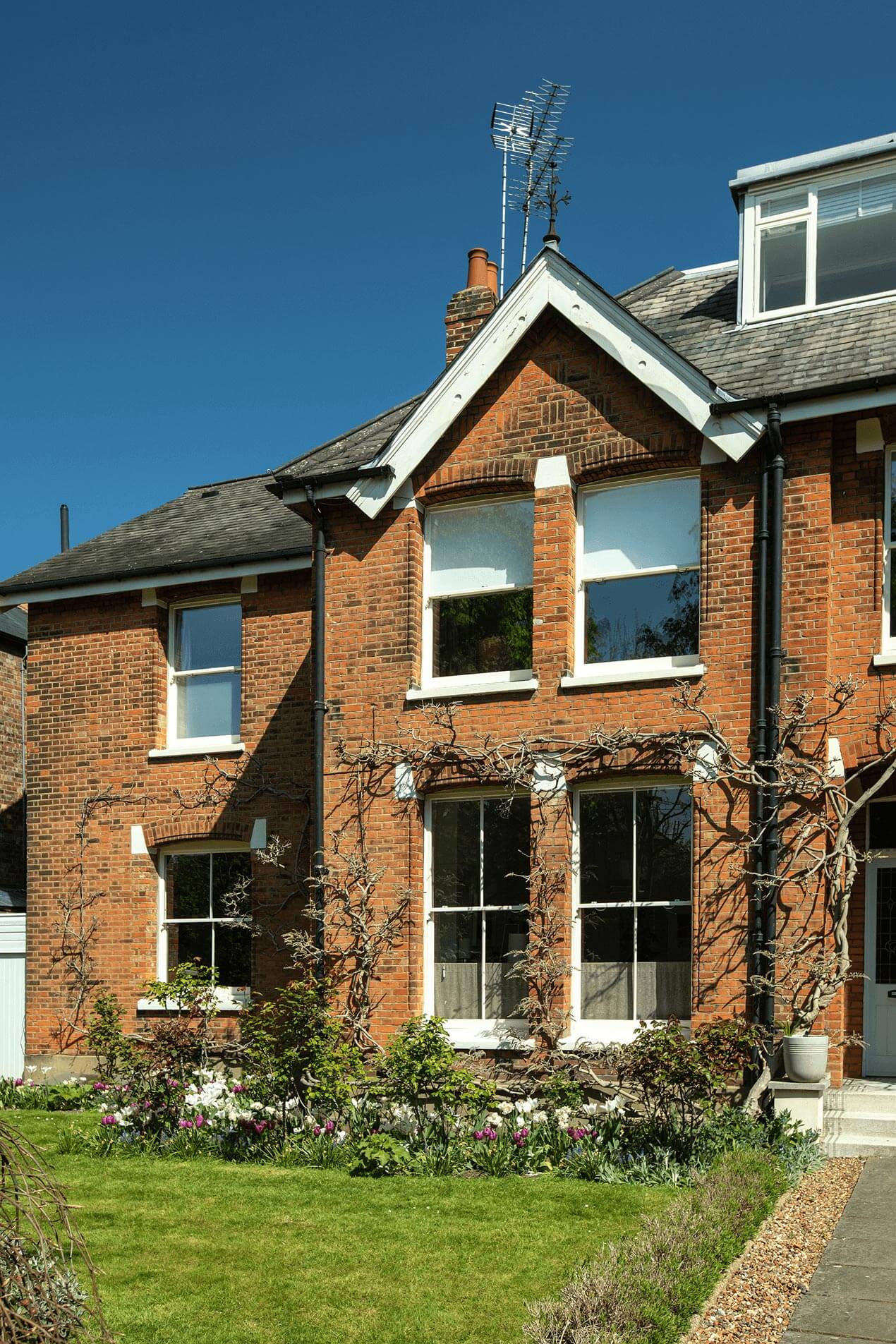Sustainability, at its core, is about meeting the needs of the present without compromising the ability of future generations to meet their own needs. Our homes play a crucial role in the larger picture of environmental impact, in the energy we consume, the resources we use and the waste we generate all contribute to the health of our environment. Read on to find how best to make your home more sustainable.
Energy Efficiency
Creating an energy-efficient home is pivotal for environmental sustainability. It is best to start small. Look at smaller scale changes to reduce energy consumption, such as turning off lights and appliances when not in use and utilising energy-efficient light bulbs, you can already make a significant difference. Energy-efficient appliances and lighting can not only diminish energy usage but also contribute to long-term cost savings
To take it a step further, explore the realm of solar panels. By converting sunlight into electricity, solar panels offer a sustainable and renewable energy solution for your home. Installing solar panels not only reduces your reliance on traditional power sources but also minimises your carbon footprint and can help to reduce your energy bills.
Many homeowners in the UK are able to get a loan through the Green Deal, allowing them to make improvements to their property aimed at reducing their energy usage. More information regarding the Green Deal can be found here. Embracing solar technology empowers homeowners to harness clean energy from the Sun, taking a significant stride towards a more environmentally conscious home.
Smart Home Technology
Smart technology plays a pivotal role in making your home more sustainable. There are now more devices than ever with each providing users with greater control over their home’s environmental impact. Energy-efficient smart thermostats, for instance, enable precise temperature management, optimising heating and cooling systems for minimal energy usage. Similarly, smart lighting systems allow users to automate lighting schedules and adjust brightness, reducing unnecessary electricity consumption.
Investing in solar panels and integrating them with smart inverters not only makes use of renewable energy but also allows homeowners to monitor and manage their energy production. Smart home technology is so much about controlling the previously uncontrollable and also enhances convenience while aligns with a more sustainable lifestyle.
Water Conservation
Water conservation plays a pivotal part of creating a sustainable home. To minimise water usage, consider simple strategies such as fixing leaks promptly and using water-efficient appliances and fixtures.
Water-saving appliances such as low-flow shower heads and aerated taps can significantly contribute to reduced consumption. These practices not only promote responsible water use but also contribute to lower utility bills and decreased strain on local water resources. By incorporating these water-saving techniques, homeowners can actively participate in the broader movement toward a more sustainable and environmentally conscious lifestyle.
Indoor Air Quality
Indoor air quality profoundly affects our health and understanding its impact is crucial for creating a sustainable home. Indoor air pollution not only harms your home but can also lead to respiratory issues and other health concerns.
To enhance indoor air quality, consider incorporating plants and optimising your ventilation systems. Plants act as natural air purifiers, removing toxins and improving overall air quality.
Additionally, proper ventilation plays a pivotal role. High-quality windows will contribute to effective ventilation, allowing fresh air to circulate while limiting the amount of pollution from the outside in. Sash windows, with their adjustable openings, enable precise control over airflow. Investing in high quality sash windows not only supports a healthier indoors but also outdoors, with our sash windows being made from sustainably sourced timber.
Embracing sustainability in your home is a powerful and meaningful step towards creating a better future for both our planet and future generations. Whether it is reducing energy consumption, minimising waste, or incorporating green technologies, every action counts.







